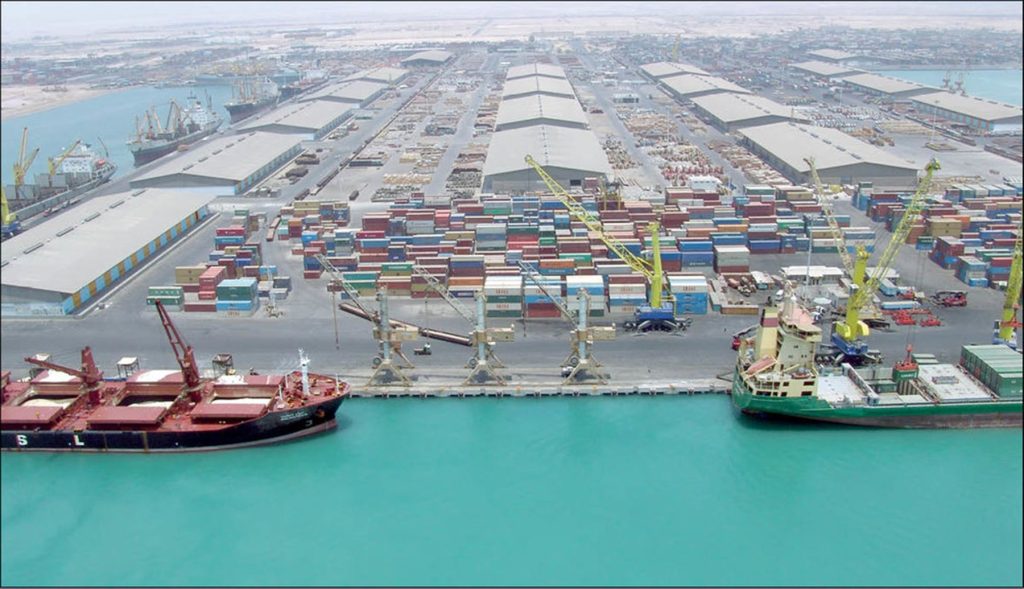Israel-Iran Conflict: Impact on Oil Prices Remains Minimal

Oil markets experienced a swift recovery following Israel’s military strike on Iran on June 13, with Brent crude prices dropping back below $70 per barrel. Initial fears of escalating conflict were alleviated as Tehran’s response, which included a symbolic missile attack that resulted in no damage, indicated a desire for de-escalation. This reaction, along with a ceasefire announcement, has calmed traders and highlighted the resilience of the global oil supply chain.
Market Reaction to Israeli Strikes
The oil market initially reacted with panic after the Israeli strikes, causing Brent crude prices to spike by $10. However, as the situation unfolded, traders noted a muted response from Iran, which included a missile attack on a U.S. base in Qatar that did not cause any damage. This led to a reassessment of the potential for further escalation. Tom Kloza, chief market strategist at Turner Mason & Co, remarked on the significant selloff in oil prices, stating that a muted response from Iran typically results in a drop in oil prices. The market had been trading around $69 per barrel before the strikes, and the subsequent calm allowed prices to stabilize.
Ceasefire and Supply Concerns
The announcement of a ceasefire further eased concerns regarding potential supply disruptions. Traders had been wary of the possibility of Iran closing the Strait of Hormuz, a critical passage for global oil shipments. However, U.S. officials and analysts deemed this scenario unlikely, with U.S. Vice President JD Vance labeling it as “suicidal” for Iran, which exports 1.5 million barrels per day through the strait. Analysts observed that Iran’s military actions often serve domestic political purposes rather than aiming to inflict significant damage on foreign targets. This pattern suggests that Iran is more focused on maintaining its oil flow than engaging in actions that could jeopardize its economy.
Resilience of the Oil Market
The current oil market is better equipped to handle shocks compared to previous years. The U.S. has ramped up production to approximately 13 million barrels per day, surpassing both Saudi Arabia and Russia. Additionally, production increases from OPEC+ since May have contributed to a well-supplied market. The price of oil, currently around $68 per barrel, reflects this increased stability, especially when compared to prices of $84 a year ago. Strategic reserves, particularly in the U.S., provide an additional buffer against potential disruptions.
Iran’s Strategic Calculations
Iran’s cautious behavior in the wake of the Israeli strikes can be attributed to several factors. The military capabilities of Iran have been weakened by the strikes, and years of U.S. sanctions have left the country reliant on discounted oil sales to China. A prolonged conflict could threaten Iran’s already fragile economy. Furthermore, regional dynamics have shifted, with Iran’s traditional allies, such as Hamas and Hezbollah, weakened, and Russia preoccupied with its own challenges in Ukraine. Even China, while critical of Western actions, has shown reluctance to deepen its ties with Tehran. Analysts believe that while the oil market remains vigilant, Iran is unlikely to provoke a larger crisis, as historical patterns suggest that it will avoid actions that disrupt its own oil exports.
Observer Voice is the one stop site for National, International news, Sports, Editor’s Choice, Art/culture contents, Quotes and much more. We also cover historical contents. Historical contents includes World History, Indian History, and what happened today. The website also covers Entertainment across the India and World.
Follow Us on Twitter, Instagram, Facebook, & LinkedIn

